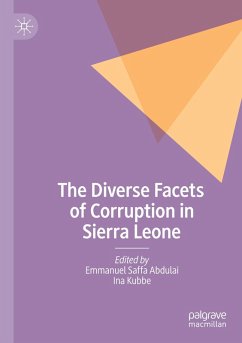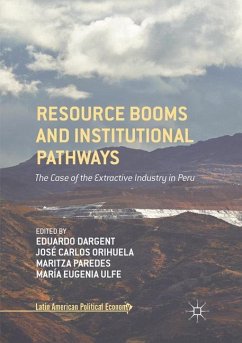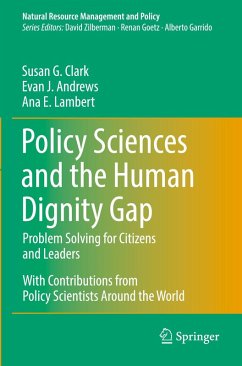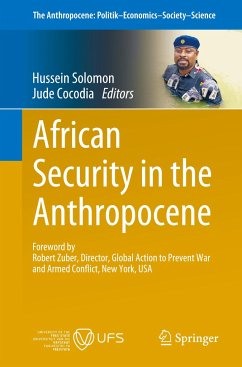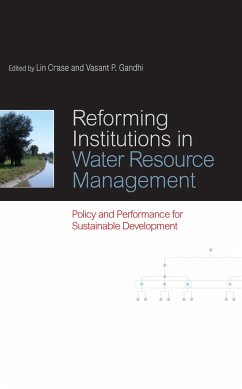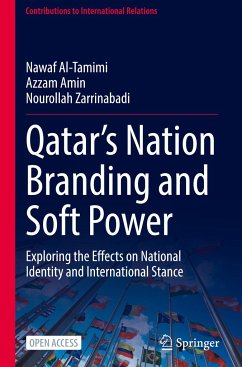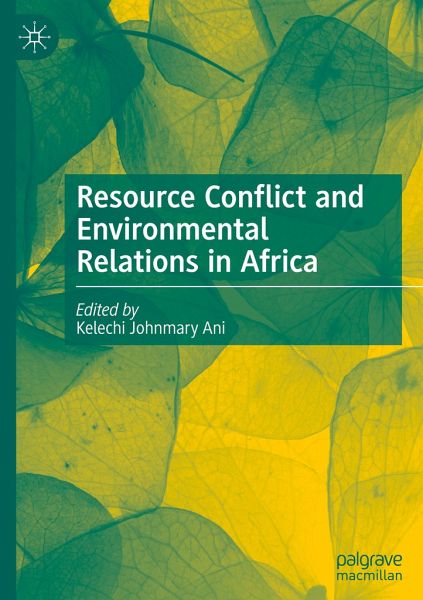
Resource Conflict and Environmental Relations in Africa

PAYBACK Punkte
53 °P sammeln!
The book discusses the failure of many African governments in providing the social needs of the masses, thereby placing the citizenry on the desperate quest for economic resources. Unfortunately, in many African States, mineral resources are owned, explored and marketed by the machinery of the state. The problem arises when the masses begin to challenge state access and ownership of resources that are domiciled within their ancestral land, communities, and constituencies. Often the challenge and resistance to state ownership of resources is generated by communal or group sense of exploitation,...
The book discusses the failure of many African governments in providing the social needs of the masses, thereby placing the citizenry on the desperate quest for economic resources. Unfortunately, in many African States, mineral resources are owned, explored and marketed by the machinery of the state. The problem arises when the masses begin to challenge state access and ownership of resources that are domiciled within their ancestral land, communities, and constituencies. Often the challenge and resistance to state ownership of resources is generated by communal or group sense of exploitation, negligence and widespread poverty in the face of high resource endowment and waste by the government officials.
Paradoxically, in Niger Delta of Nigeria, as discussed in the book, the state has unleashed unlimited might upon all social groups and agitators, thereby leading to the increased act of taking arms by such groups. When the informal resource agitators succeed in arming themselves, they begin to demand social and environmental justice, thereby leading to mass armed conflict between them and the government security agencies. Sometimes, the confrontation could be between them and other rival local resource actors in the informal sector of their country's economy bearing in mind that the resources within their jurisdiction have become the central determinant of national commonwealth.
It is at that state of desperado to control access, extraction and sale of natural resources in a State, by different armed groups that the process of natural resources extraction qualifies as the most visible cause of conflicts and crises around the African continent that is the centrepiece of the book. This is quite understandable given that mineral resource is a gift of nature; and nature is that phenomenon that every human, group and nation claim to represent, or, believe to represent them.
Paradoxically, in Niger Delta of Nigeria, as discussed in the book, the state has unleashed unlimited might upon all social groups and agitators, thereby leading to the increased act of taking arms by such groups. When the informal resource agitators succeed in arming themselves, they begin to demand social and environmental justice, thereby leading to mass armed conflict between them and the government security agencies. Sometimes, the confrontation could be between them and other rival local resource actors in the informal sector of their country's economy bearing in mind that the resources within their jurisdiction have become the central determinant of national commonwealth.
It is at that state of desperado to control access, extraction and sale of natural resources in a State, by different armed groups that the process of natural resources extraction qualifies as the most visible cause of conflicts and crises around the African continent that is the centrepiece of the book. This is quite understandable given that mineral resource is a gift of nature; and nature is that phenomenon that every human, group and nation claim to represent, or, believe to represent them.





